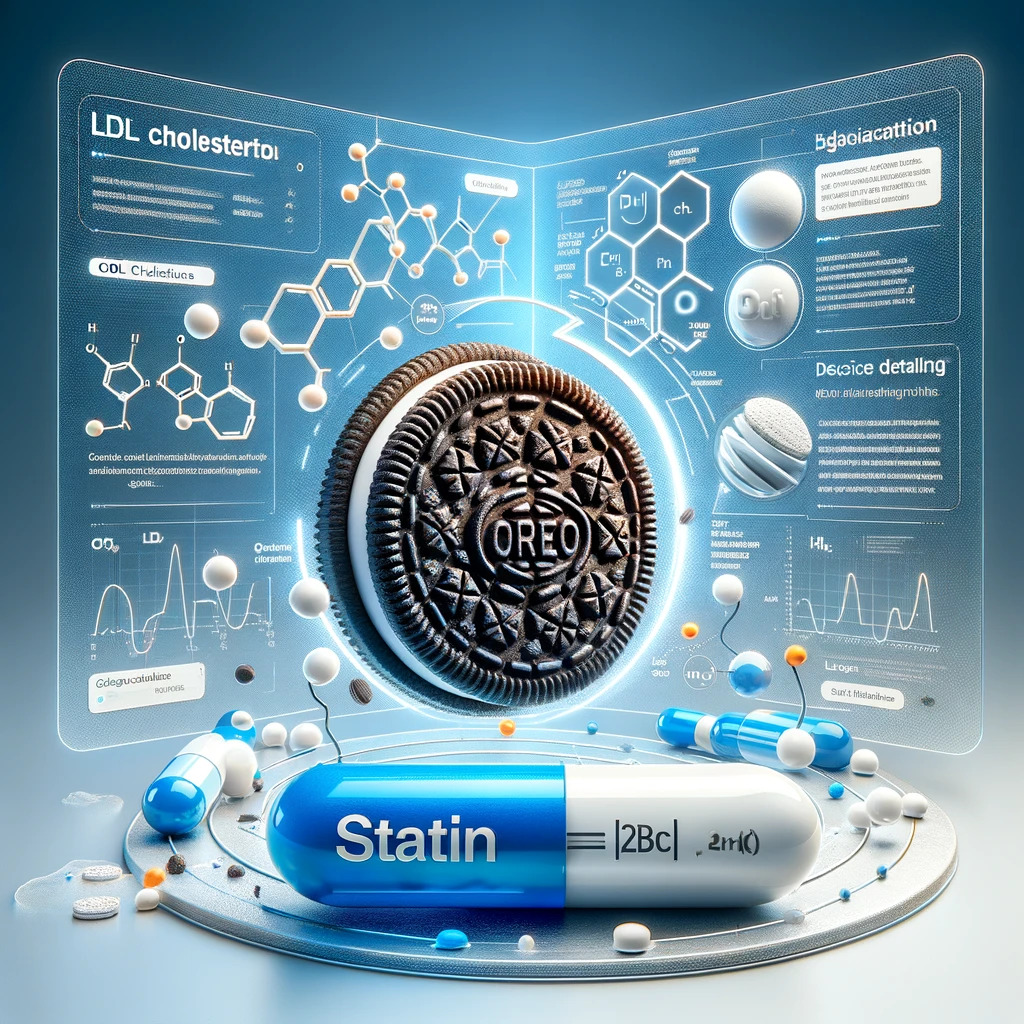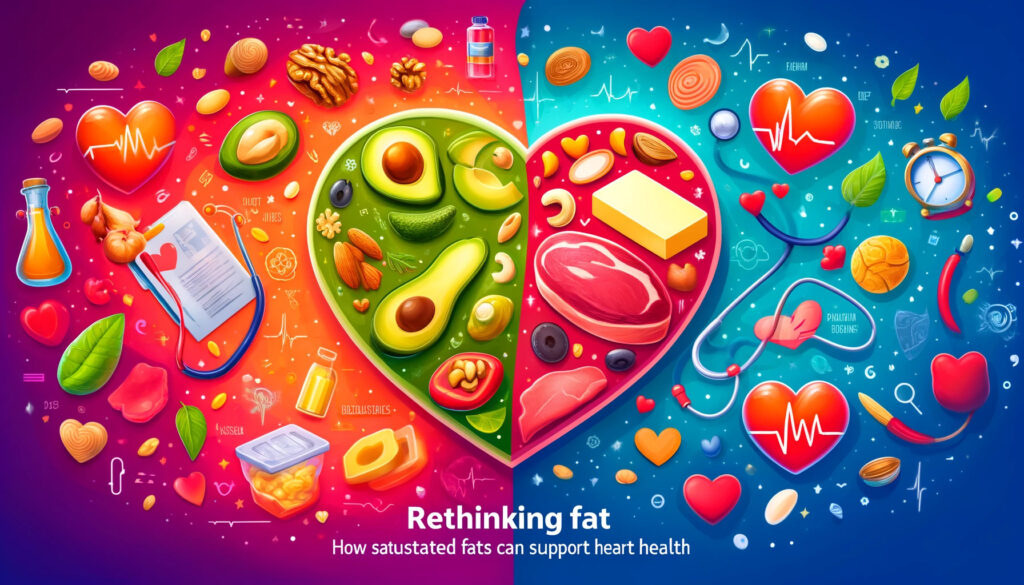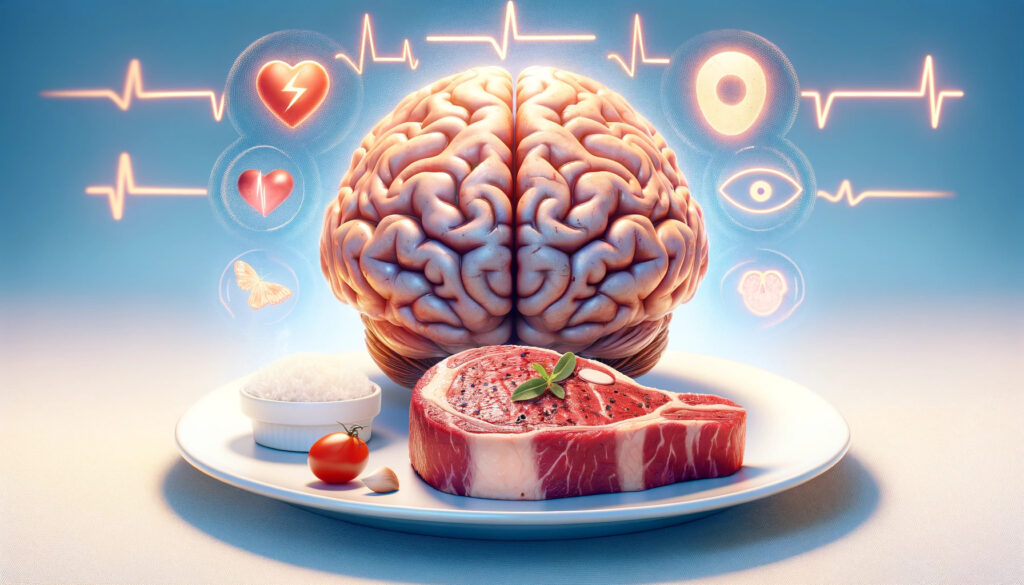Understanding the Lean Mass Hyper-responder: Decoding Cholesterol Changes in Low-Carb, High-Fat Diets

A “Lean Mass Hyper-responder” is a term specifically used in some nutrition communities, particularly among proponents of low-carbohydrate, high-fat diets like the ketogenic diet. It refers to a distinct pattern of cholesterol changes in individuals following such diets, characterized by:
- Significantly Increased LDL Cholesterol: There’s a marked rise in LDL (Low-Density Lipoprotein) cholesterol, commonly referred to as “bad cholesterol” due to its association with an increased risk of cardiovascular disease.
- Elevated HDL Cholesterol: The levels of HDL (High-Density Lipoprotein) cholesterol, often termed “good cholesterol” because it aids in removing other cholesterol forms from the bloodstream, are also higher. Generally, higher HDL levels are considered beneficial for heart health.
- Low Triglycerides: Triglyceride levels, which are fats found in the blood, remain low. High triglyceride levels are a known risk factor for cardiovascular disease.
The individuals who typically show this response are often lean and physically active, and they notice these changes in their lipid profile after switching to a diet significantly reduced in carbohydrates and increased in fats. The “hyper-responder” designation indicates a pronounced change in lipid levels in response to dietary adjustments.
This concept is somewhat contentious and not universally accepted in the medical community. There’s debate over the long-term health effects of such a lipid profile. Traditional medical perspectives often view elevated LDL cholesterol as a key risk factor for cardiovascular disease, regardless of HDL or triglyceride levels. However, some in the medical field argue that the overall context, including diet, physical condition, and body composition, should be factored in when assessing health risks.
For individuals identified as lean mass hyper-responders, it’s important to maintain regular health check-ups and cardiovascular risk assessments with a healthcare provider. This is especially vital as the medical understanding of cholesterol and its impact on health is continually evolving.







This could be me. In only 3-months of doing Carnivore here are my labs:
HDL: 36 —>> 42
TRI: 115 —>> 82
LDL: 125 –>> 180